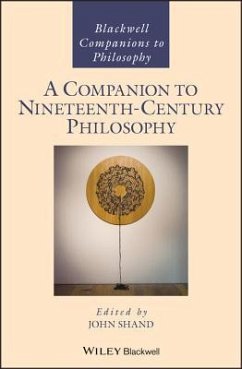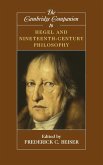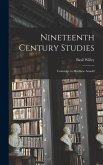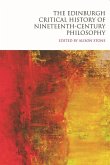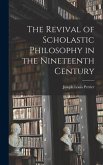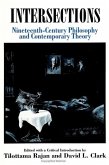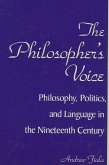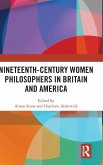"This impressive book does much to confirm Shand's conviction that the 'long' nineteenth century, from Kant to Bergson, was the most vibrant period in Western philosophy since the Ancient Greeks. It provides expert guidance to readers seeking further understanding of famous figures like Nietzsche and Marx, acquaintance with unjustly neglected thinkers such as Bradley and Taine, or a perspicuous overview of an age of remarkable intellectual energy." --David Cooper, Durham University "This volume provides an excellent survey of the diverse philosophical strands in the second great intellectual revolution in human history -- the post-Enlightenment upsurge that rivalled and completed the Greek beginning. The contributions, which range from Kant to Bergson, are marked by impeccable scholarship and philosophical sophistication. This book will be invaluable for students and advanced researchers alike." --Michael Inwood, Trinity College, Oxford "Wiley Blackwell, and editor John Shand, have produced a wonderful volume devoted to nineteenth-century philosophy. Aside from the quality of the individual articles, the volume includes a wide-ranging selection of thinkers working during a volatile time in the academy. Most laudable is the inclusion of works by Bretano, Bradley, and Bergson alongside the standard figures (Kant, Hegel, Mill, etc.), and the inclusion of American pragmatism. This is a must-have volume, not only for philosophers, but for anyone wanting to get a grasp on the intellectual turmoil that informs our ideas to this day. I recommend it enthusiastically." --Michelle Gilmore-Grier, University of San Diego Philosophy in the nineteenth century was characterized by new ways of thinking, a desperate searching for new truths. As science, art, and religion were transformed by social pressures and changing worldviews, old certainties fell away, leaving many with a terrifying sense of loss and a realization that the dominant systems of thought needed to be profoundly reimagined. A Companion to Nineteenth-Century Philosophy surveys the major intellectual developments, setbacks, upsets, and revolutions in the study and practice of philosophy during the nineteenth century, and reveals the origins of contemporary trends in the discipline. Beginning with an examination of Kant's Transcendental Idealism, which was instrumental in the fundamental philosophical shifts that marked the beginning of this new and radical age in the history of philosophy, John Shand guides readers chronologically and thematically through the ideological turning points of this historically transitional period. Chapters written by an international and multi-disciplinary group of scholars examine the most significant and influential philosophers of the era, including Hegel, Fichte, Schopenhauer, Mill, Kierkegaard, Marx, Nietzsche, and Bradley, as well as their interlocutors Sidgwick, Peirce, Husserl, Frege, and Bergson whose thought laid the groundwork for the modern era. Historically informative and philosophically thorough, A Companion to Nineteenth-Century Philosophy is an authoritative and readable reference that paints a vivid picture of the philosophical landscape of the nineteenth century which shaped the modern world.

